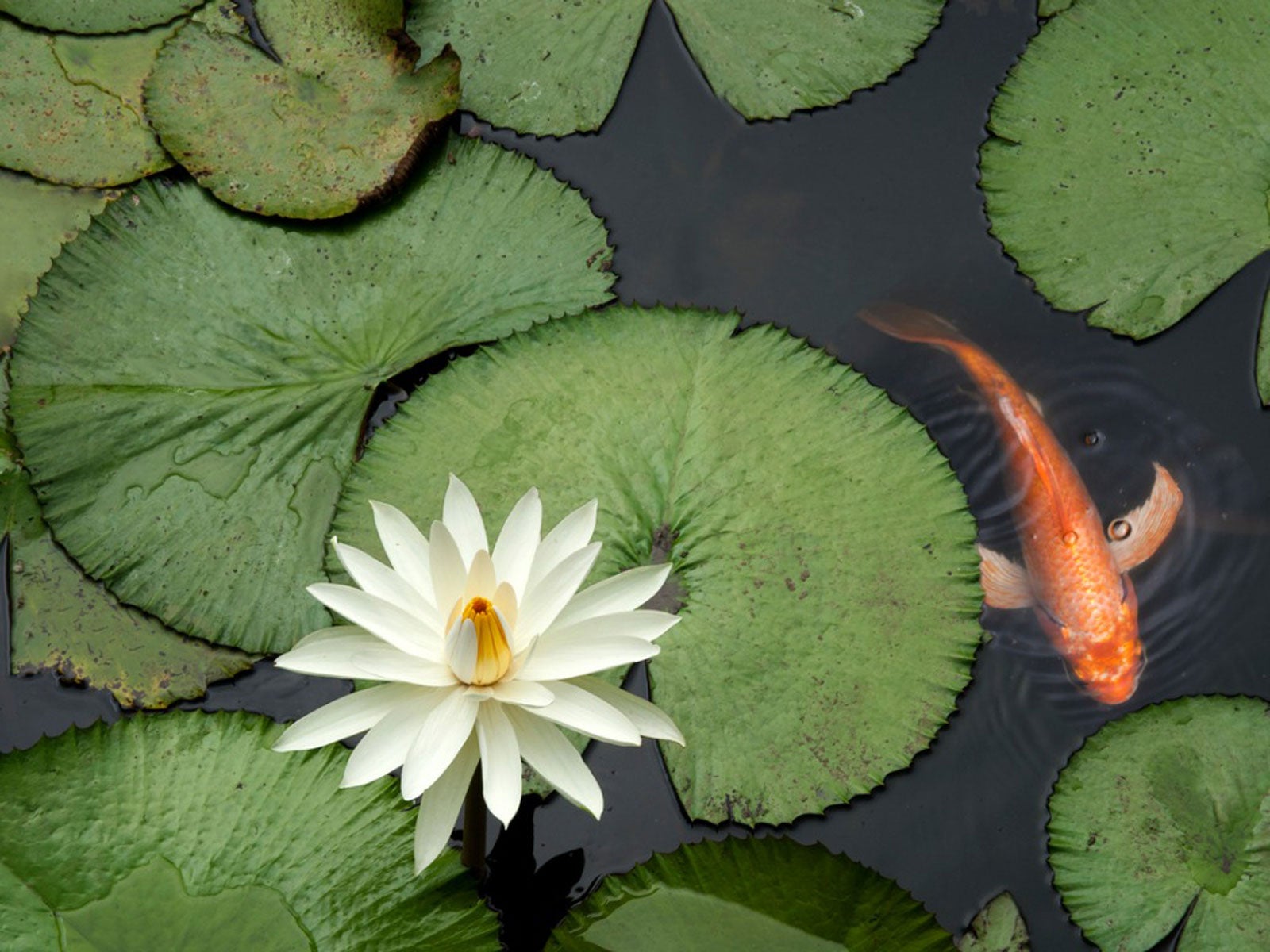Is Pond Fertilizer Bad For Fish: Learn About Fish Safe Fertilizer


Using fertilizer around fishponds must be done with care. Excess nitrogen can cause algae to bloom, but it can also contaminate the water, which can affect fish. Fertilizing a pond with fish is part of good aquatic management and, when used appropriately, will increase overall pond health. It is best to use a fertilizer formulated for ponds or organic methods of feeding.
Is Pond Fertilizer Bad for Fish?
Aquatic plants may occasionally need feeding, but is pond fertilizer bad for fish? Fish-safe fertilizer may be purchased, or you can use your own organic methods to feed your water plants. A fertilizer for fishponds comes in tablets and will provide a slow release of nutrients that is gentle and easy on your pond's citizens.
Fish-safe fertilizer contains high levels of phosphorus. That is the middle number in a fertilizer ratio. Tabs for pond feeding are generally 10-14-8. A healthy pond will have inputs of nitrogen due to fish and bird waste. Inorganic phosphorus-only fertilizer is ideal for such a water site, as excess nitrogen can be damaging.
Assessing the needs of your pond should be done with a testing kit. Results from such a test will indicate if you have adequate levels of nitrogen or if you need to add some for plant health.
Types of Fertilizer for Fishponds
Most experts recommend an inorganic fertilizer since organic methods like manure can cause excess algae growth. There are solid tabs but also powders and sprays that are safe to use in a fishpond.
The tab varieties must be buried in the soil where they will slowly release nutrients. Liquid foods are sprayed over the shallow parts of the water, while granular formulas can be suspended in the liquid on a platform to slowly disseminate with wave action. It is important not to let granular formulas mix with the silt or mud, as it will trap the nutrients and keep them from mixing with the water.
Whatever variety you choose, follow manufacturer application directions for the proper amount.
Sign up for the Gardening Know How newsletter today and receive a free copy of our e-book "How to Grow Delicious Tomatoes".
Organic Methods
Experts state that you should avoid fertilizing a pond with fish organically. However, using manure in a planter that is submerged is an effective way of feeding the plant over time. As long as it is mixed well with the soil and topped with stones, the manure will not release instantly but will, instead, slowly feed the plant.
This should only be used at the installation of the plant and future season's feedings can be done with an inorganic formula specially made for aquatic plants and pond life. Never put manure directly into the pond. It will cause too much algae growth which will adversely affect pond and fish health.

Bonnie Grant is a professional landscaper with a Certification in Urban Gardening. She has been gardening and writing for 15 years. A former professional chef, she has a passion for edible landscaping.